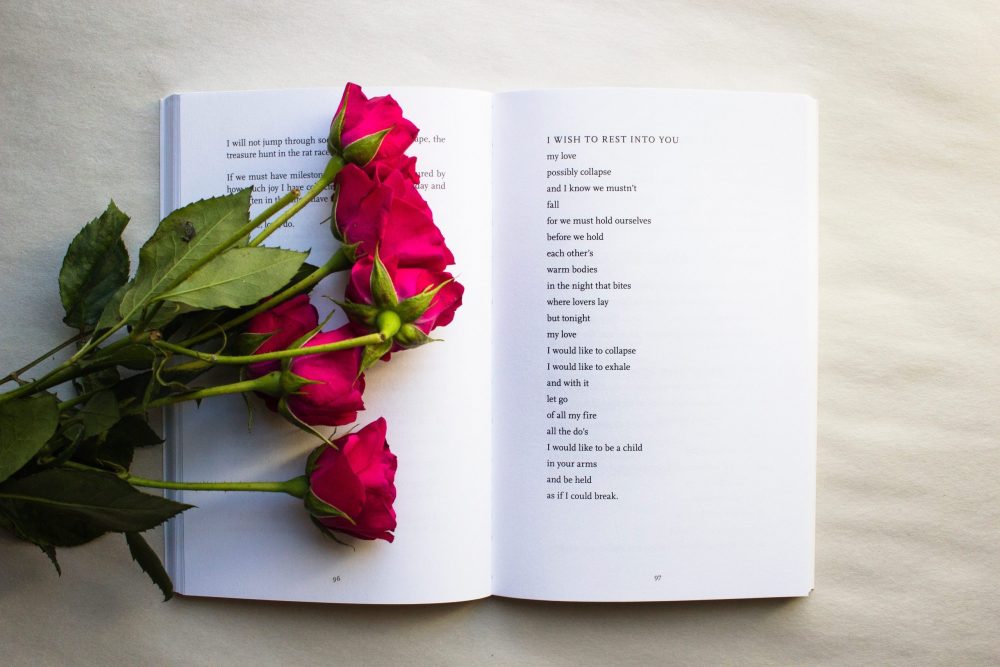Three female-spectrum people explain their feelings about the words bisexual and pansexual.
Labelling has always been a veritable minefield for the LGBTQ+ community, and no more so than today, when the gamut of terms to describe different sexualities and sexual identities is larger than ever. However, there is always mileage in returning to look at some of those original terms which gave birth to the rest of our ever-increasing rainbow. One key objection to the term “bisexual” (and, more recently, “pansexual”) is the fact that where “lesbian” and “gay” do not carry the suffix “sexual”, these words do. On the face of it this may not seem a big deal, but to a group frequently accused of sexual excess and inability to commit, it can seem a slap in the face.
The term “lesbian” refers, of course, to the Isle of Lesbos, where the poet Sappho penned heartfelt verses to her female lovers, arguably becoming the first “lesbian” writer in history. “Gay”, despite its eventual etymological relationship to promiscuity and sexual immorality, still brings to mind for most ideas of happiness and flamboyancy. But “bisexual” (and its newer cousin “pansexual”) perhaps carry a stark suggestion that sex is the primary motivating factor for those attracted to more than one gender. There is no love or lightheartedness inherent in the words “bisexual” or “pansexual” – they are, to some people’s minds, simply clinical terms which seem to imply that people who identify as these orientations are inspired primarily by sex when it comes to choosing a partner.
Aimee, 32, is a solicitor from London. “The term ‘lesbian’ is romantic,” she sighs. “It comes from a poet, it’s undeniably linked to love. ‘Gay’ originally meant happy. There’s poetry in both terms but ‘bisexual’? That just comes straight out of a medical dictionary as far as I’m concerned.” Aimee dislikes the word “bisexual” so much that she prefers to call herself “queer”, saying: “It’s a reclaimed slur, and I like the playfulness of it. It suggests eccentricity as well as sexual orientation. Problem is, it’s only really been properly reclaimed by certain sectors of the LGBT community. Everyone assumes I’m a lesbian if I use it and then I’m back to square one.”
Jennifer, 25, is a merchandise buyer from Michigan. “I don’t mind using the words ‘pansexual’ or ‘bisexual’,” she says. “But I admit it would be nicer if we had less, well, stark terminology to describe what we are. However, people recognize the existing terms. Unfortunately to try and change them now would probably damage our visibility.” Jennifer is particularly concerned about the “fight” between those who identify as “pansexual” and those who identify as “bisexual”. “There’s a big debate in our community between the many who consider both terms to mean the same – as in an attraction to more than one gender – and those who reject this theory. It’s such a waste of time and airspace and it just makes us look even shallower to those outside the debate. We’re useless divided.”
“I’d like to come up with a really cute term for us,” laughs Mikki, a non-binary art student from Quebec. “Maybe ‘butterflies’ or something. I don’t know. I can’t say that the ‘sexual’ suffix you’ve asked about really bothers me that much, but now you mention it, it doesn’t really seem fair. I know damn well that bi folk are seen as sleeping around and stuff, and not capable of romance, so anything that perpetuates that isn’t going to help.” Mikki has even launched an art project to tackle biphobic stereotypes, although it isn’t far enough along to share a link with Curve/LOTL. “I feel like part of the reason we’re added on with a big ‘sexual’ on the end is that we aren’t taken seriously,” they say. “We’re able to appear ‘straight’ so whatever we do outside of that is just for a kick and nothing else.”
What do the words “bisexual” or “pansexual” mean to you? Do you think there is room for more refined terms to evolve? Let us know in the comments!
